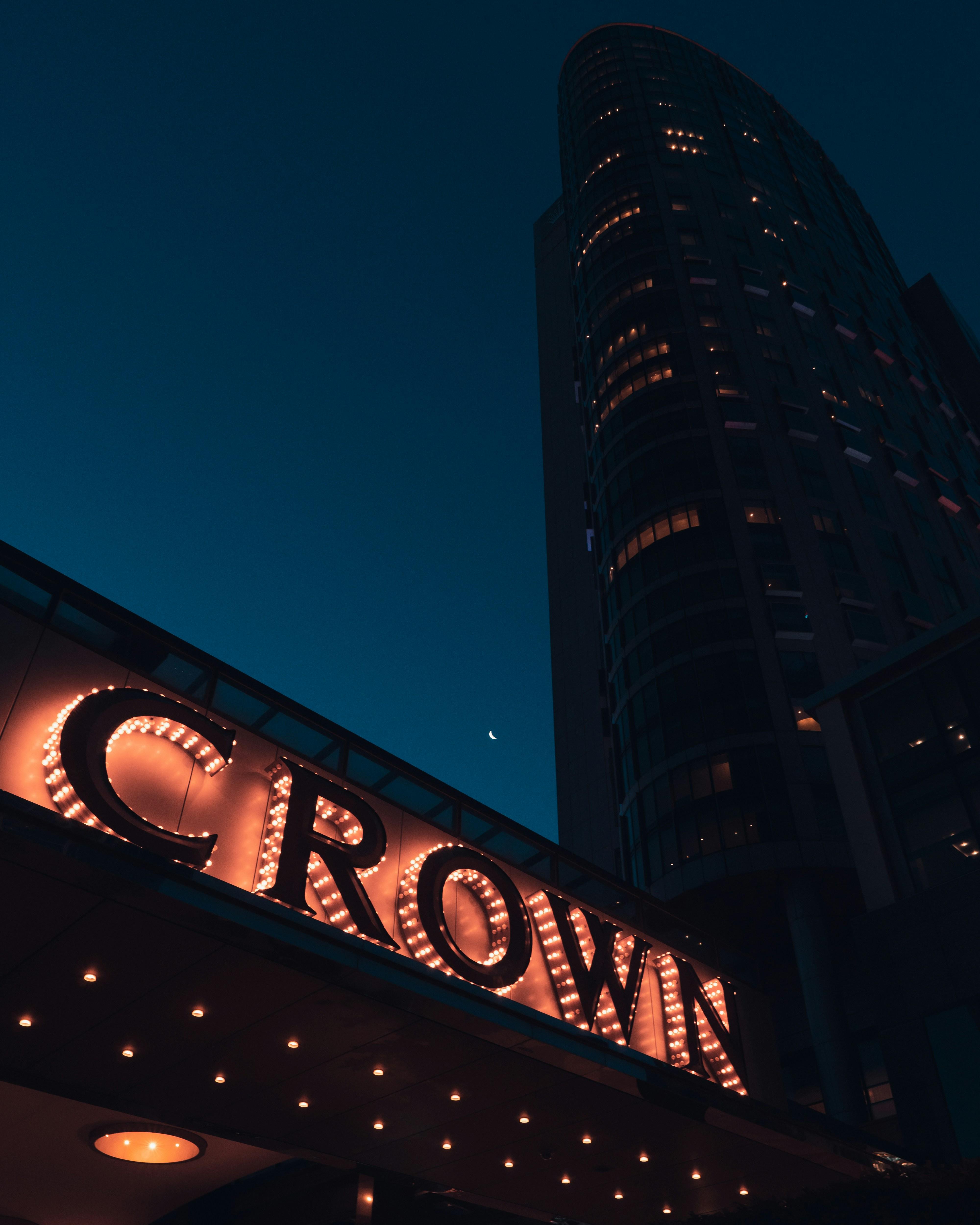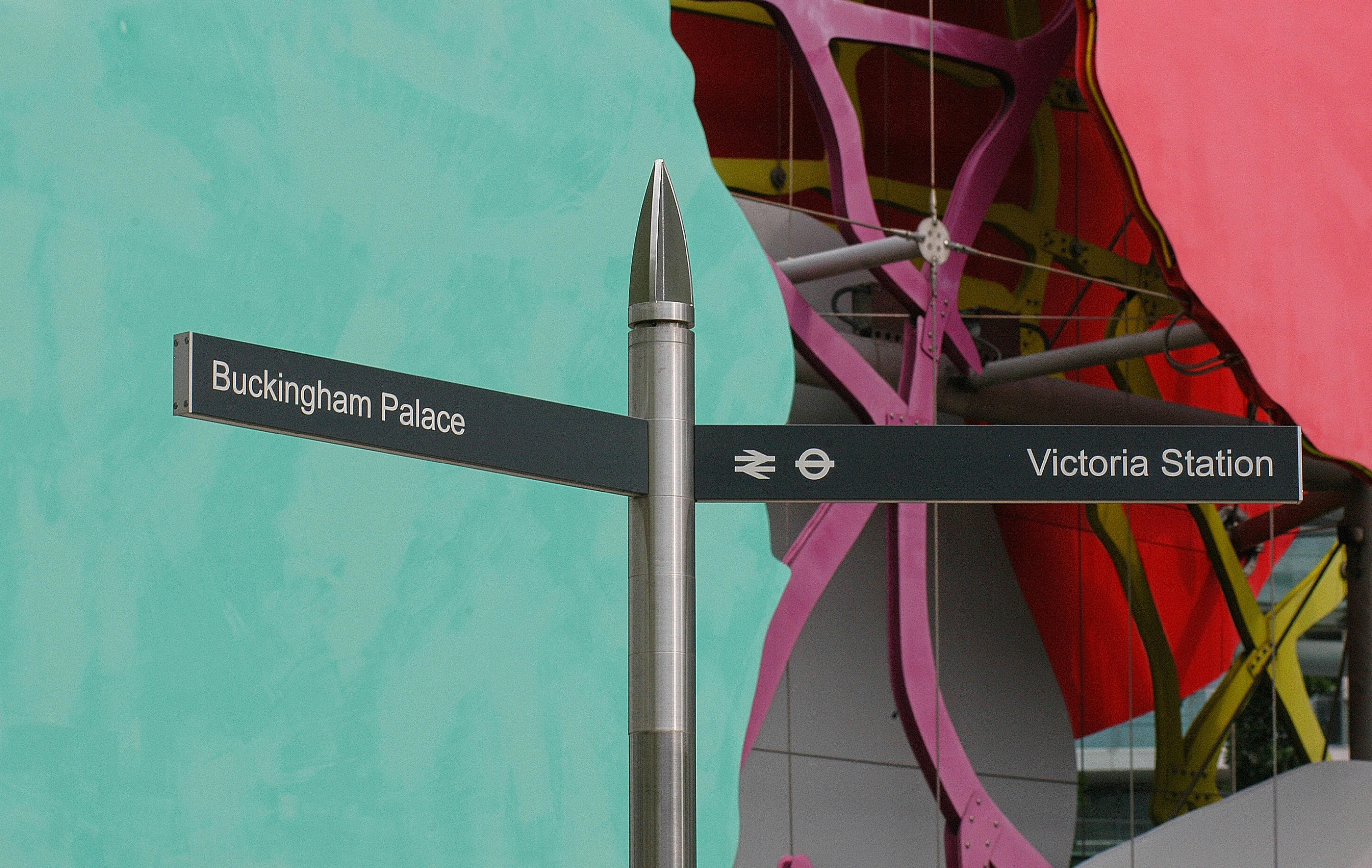In recent years, “The Crown” has captivated audiences worldwide with its lavish portrayal of the British monarchy, offering a dramatized glimpse into the lives of the royals and the historical events that have shaped the United Kingdom. However, as the series progresses, a critical question emerges: does “The Crown” perpetuate colonial nostalgia through its storytelling? This article delves into the complexities of the show’s narrative choices, examining how its depiction of historical events and figures might contribute to a romanticized view of Britain’s colonial past. By exploring the interplay between historical accuracy and dramatic license, we aim to assess whether the series reinforces outdated imperial ideologies or encourages a more nuanced understanding of the era it portrays.
Examining Historical Narratives and Their Influence on Modern Perceptions
The portrayal of the British monarchy in popular media, particularly through series like The Crown, has sparked discussions about the potential perpetuation of colonial nostalgia. By dramatizing the lives of royal figures against the backdrop of a vast and dwindling empire, such narratives can subtly shape perceptions of the colonial past. The show, while praised for its intricate storytelling and historical detail, often glosses over the complex and often harsh realities of colonial rule. This selective representation can lead to a romanticized view of the era, overshadowing the struggles and resistance of colonized peoples.
- Selective Storytelling: The series tends to highlight personal dramas within the monarchy, which can eclipse broader historical events.
- Visual Grandeur: Cinematic portrayals of royal ceremonies and colonial settings may evoke a sense of nostalgia for imperial grandeur.
- Character Focus: Emphasis on the personal growth and challenges of the royal family can shift attention away from the impact of colonial policies.
By exploring these elements, viewers are invited to question how such media representations might influence their understanding of history. While The Crown provides a captivating glimpse into the lives of the British elite, it is crucial for audiences to engage critically with the content, acknowledging both its artistic merits and its potential implications for modern perceptions of colonial history.

Analyzing Character Portrayals and Their Impact on Viewer Understanding
Within The Crown, character portrayals are meticulously crafted, often reflecting and refracting the complex historical and personal narratives of the British monarchy. This dramatization inherently influences viewer perception, potentially embedding a sense of colonial nostalgia by romanticizing certain figures or events. By presenting the monarchy in a largely sympathetic light, the series may inadvertently gloss over the harsher realities of the British Empire’s colonial past, emphasizing personal struggles over political consequences.
- Selective storytelling: The focus on personal drama often overshadows broader historical contexts, potentially skewing viewer understanding.
- Empathetic portrayals: Humanizing royal figures may lead to an emotional connection, which could dilute the critical examination of their roles in colonial history.
- Nostalgic aesthetics: The lavish settings and period-accurate costumes contribute to an idealized vision of the past, which may reinforce a sense of nostalgia.
These portrayals can significantly shape how audiences perceive historical figures and events, raising questions about the responsibility of creators in representing history authentically while engagingly.

Exploring the Balance Between Entertainment and Historical Accuracy
When assessing the portrayal of British history in The Crown, one must consider the intricate balance between captivating storytelling and the representation of historical events. While the series is lauded for its dramatic flair and meticulous attention to detail, it has also been critiqued for romanticizing the British monarchy, potentially perpetuating a sense of colonial nostalgia. This raises questions about the ethical responsibility of creators when depicting a past that is intertwined with complex socio-political narratives.
- Selective Narratives: The show often highlights the personal struggles of the royal family, sometimes at the expense of broader historical contexts.
- Visual Grandeur: Lavish sets and costumes may overshadow the darker aspects of colonial history.
- Character Development: By humanizing key figures, the series might inadvertently soften public perception of their roles in historical events.
While The Crown undeniably brings historical figures and events to a wide audience, its approach can blur the lines between fact and fiction. This has sparked discussions about whether such dramatizations should come with disclaimers or additional context to educate viewers on the realities of the colonial era.

Recommendations for Addressing Colonial Themes in Future Storytelling
To craft narratives that move beyond colonial nostalgia, storytellers can consider integrating diverse perspectives and authentic voices. Incorporating multiple viewpoints, particularly those from historically marginalized communities, can provide a richer, more nuanced portrayal of history. This approach not only enriches the narrative but also challenges the singular, often romanticized, depiction of colonial times.
Key strategies for storytellers include:
- Engaging with cultural consultants to ensure accurate and respectful representation of different cultures.
- Highlighting resistance and resilience, focusing on stories of those who challenged colonial rule.
- Avoiding glorification of colonial figures by presenting a balanced view that acknowledges both achievements and transgressions.
- Fostering collaboration with writers and directors from diverse backgrounds to bring authenticity to the storytelling process.
By embracing these strategies, future storytelling can become a powerful medium for education and reflection, steering away from nostalgia and towards a more inclusive and honest exploration of the past.
